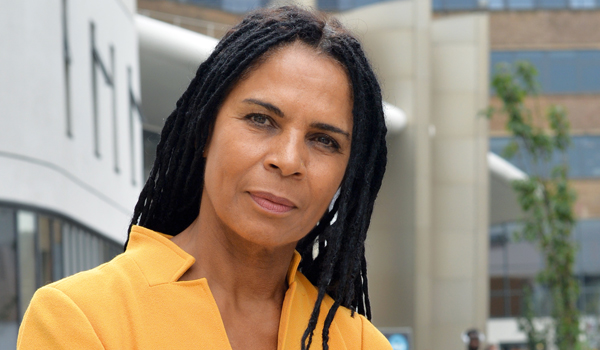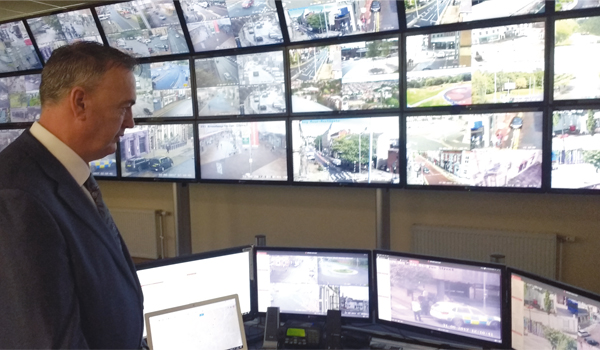Computer games to tackle violence
A new £4.6 million research centre that is believed to be the first in the world to explore the potential of computer games as an educational tool to reduce levels of violence against women and children has been established at the University of Huddersfield.
A new £4.6 million research centre that is believed to be the first in the world to explore the potential of computer games as an educational tool to reduce levels of violence against women and children has been established at the University of Huddersfield.
Specialists from a range of disciplines, from the social sciences to computer technology, will collaborate on the research and development of a pro-social computer game tailored to the priorities of the participating countries.
The games are being developed on a global scale with projects in China, Jamaica, Pakistan and Uganda as well as the UK.
The None in Three (Ni3) project so named from research that found one in three women and girls experience violence in their lives has been awarded £4.3 million from the Governments Global Challenges Research Fund. The University of Huddersfields own research fund has contributed an extra £287,720.
Our focus for the UK will be violence in adolescent relationships. But each country will determine its own focus, said Professor Adele Jones, who heads the Ni3 research centre at the University of Huddersfield.
There will be a systematic review of studies into gender-based violence in each country and this will enable the development of a survey designed to assess the attitudes of children and young people to violence. It will also be used to measure the effectiveness of childrens exposure to computer game intervention.
We have to make sure that each computer game is culturally and socially appropriate and that it addresses the range of issues that have been identified in our research, said Professor Jones.
She anticipates that a trial version of the Ni3 pro-social game will be available within 18 months. The project has been funded for its first four years, but the intention is that it will be a permanent research centre, and new overseas collaborations could be formed, added Professor Jones.
A two-week programme of workshops has determined the research that now needs to be done.
In each country we will be doing both qualitative and quantitative research. The purpose of this will be to try to understand some of the social and cultural drivers of gender-based violence in the five countries because that is going to inform the development of a computer game for each country, she said.





